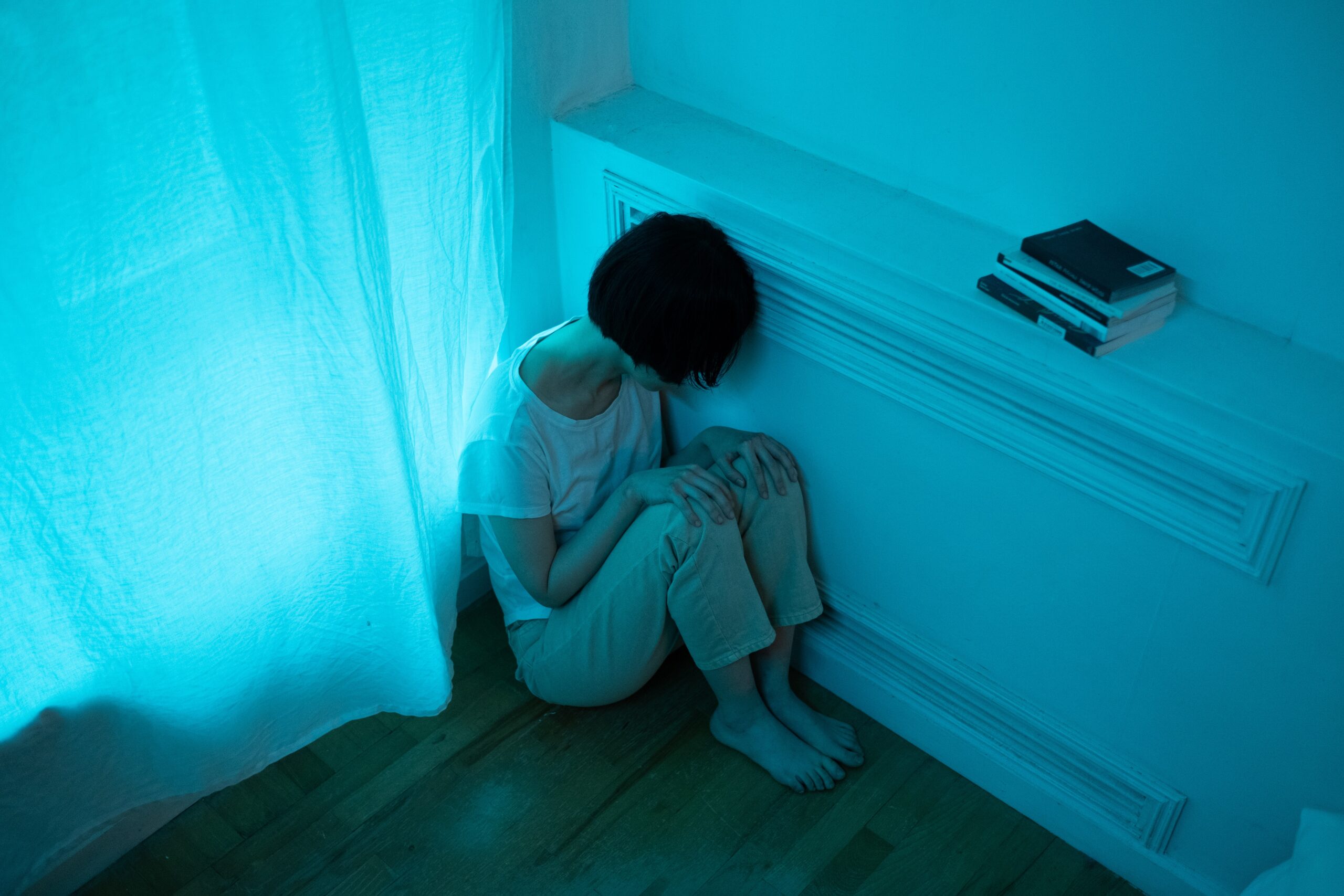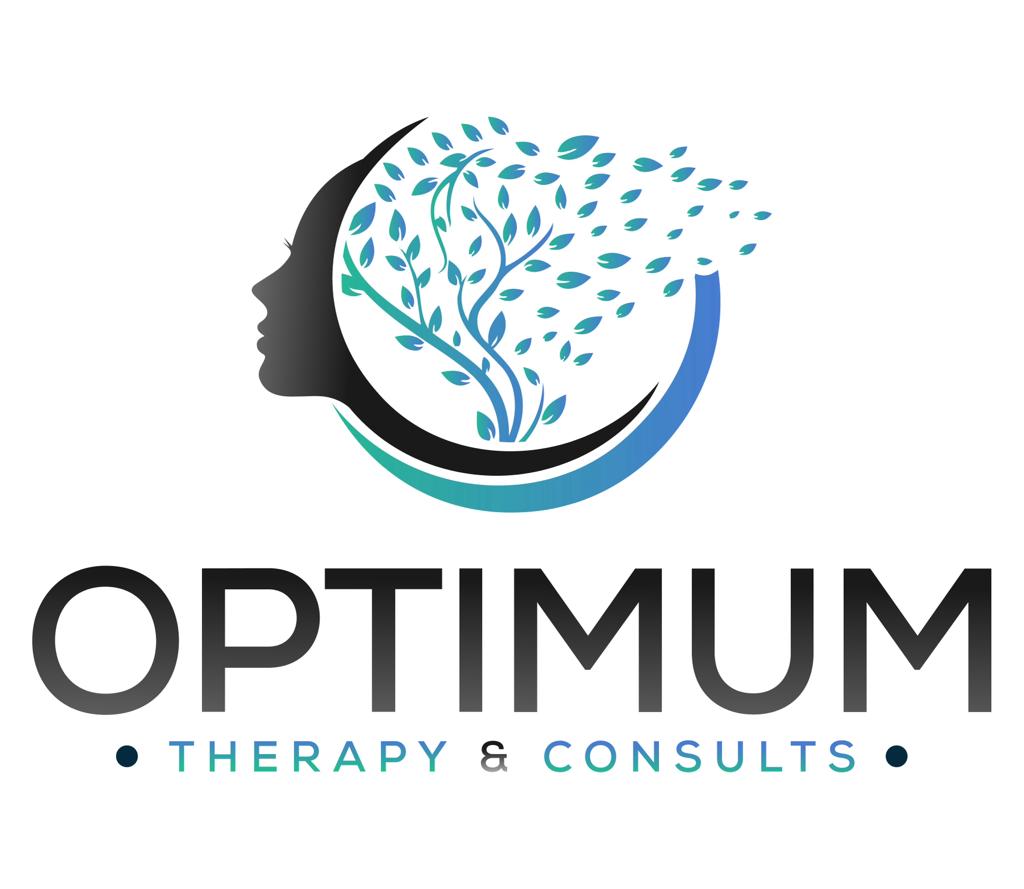8:00AM - 6:00PM
Monday to Saturday


What is Depression?
Depression is a mental health disorder characterized by persistent sadness, hardened emotions, feelings of hopelessness, guilt, and worthlessness. It is not just feeling down, sad or unmotivated at times like many people think. It is something much deeper than that. Common symptoms include changes in appetite, energy level, concentration, self-esteem, sleep, and activity level. People living with depression also experience strong feelings of sadness, despair, or a loss of interest in activities that were once enjoyed. Additionally, some individuals may have thoughts of suicide or physical pain, such as a chronic pain disorder, or gastrointestinal issues.
What People Think Depression Is
Feeling a bit blue, sad, or unmotivated.
Many people associate depression with feeling down, sad, or unmotivated. People often believe that depression is a passing emotion or experience, something they can control, or something they won’t have to deal with for very long. In actuality, depression is a serious mental health disorder that can be debilitating and take a major toll on one’s life. It is not something one can simply “snap out of” or stop dealing with when they want. Depression is an illness that requires treatment and care.
Symptoms of depression
1. Persistent sadness, emptines, and/or irritable mood
2. Loss of interest or pleasure in activities previously enjoyed
3. Changes in appetite or weight
4. Changes in sleep habits
5. Feelings of worthlessness or guilt
6. Difficulty concentrating, remembering, or making decisions
7. Fatigue or decreased energy
8. Restlessness or physical agitation
9. Recurring thoughts of death or suicide
If you are or think you are experiencing depression seek help from a licensed mental health professional, such as a psychiatrist or psychologist. Book an appointment with us at Optimum Therapy and Consults we offer personalized advice and guidance as well as therapeutic strategies to help manage feelings of depression. We are able to observe symptoms, diagnose depression, and discuss treatment options such as medications, counseling, and lifestyle adjustments.

"Vulnerability sounds like truth and feels like courage. Truth and courage aren’t always comfortable, but they're never weakness." - Brené Brown -